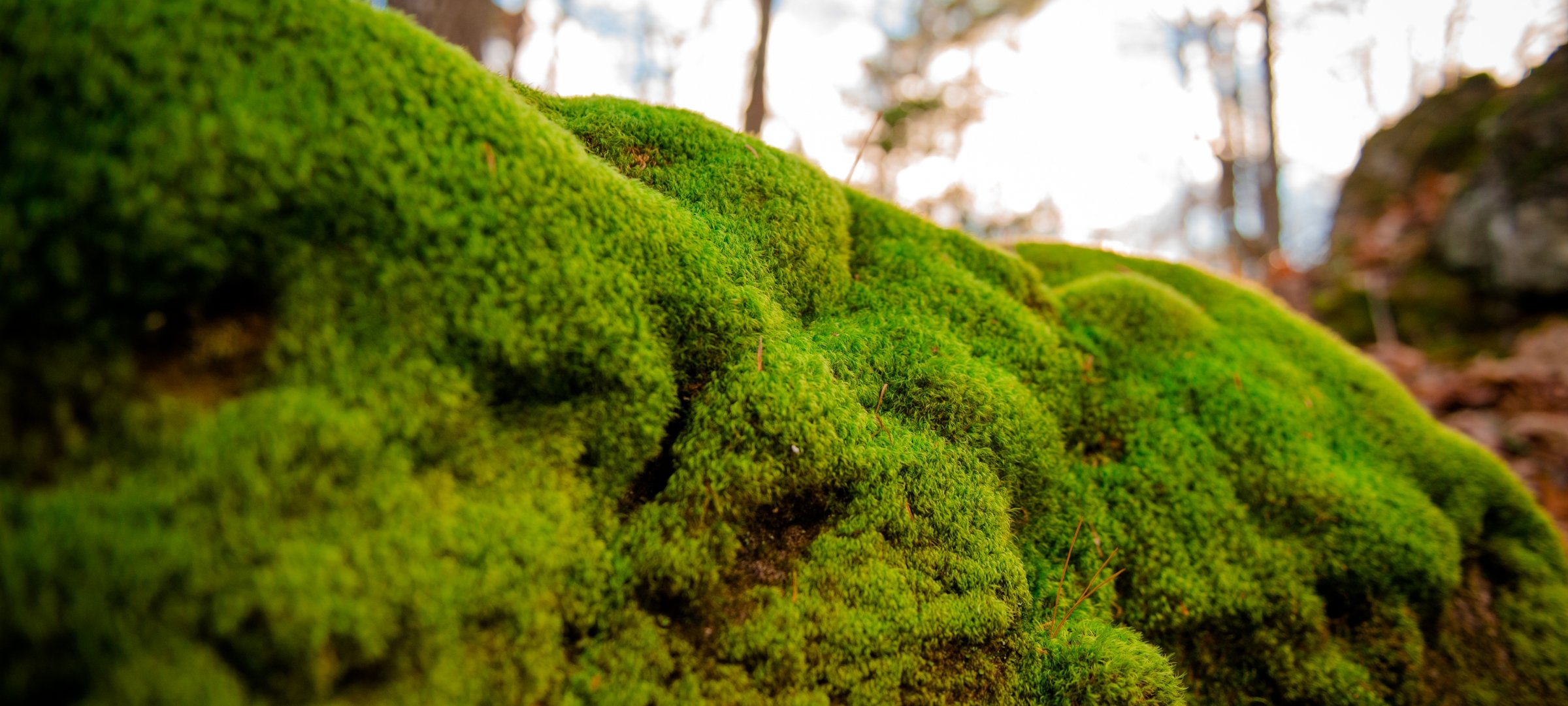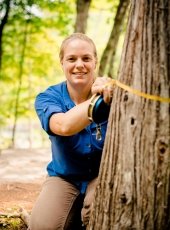Our research looks at natural and human-dominated ecosystems. We model nitrous oxide, track carbon cycling, and dig deep to understand mitigate critical climate-changing interactions. We seek solutions to restore and sustain world biomes. Are you ready?
Program Overview
Humans have impacted huge amounts of our planet. A master's in applied ecology at Michigan Tech examines and addresses the ecological challenges, and solutions. We trace, analyze, and calibrate. We study glacial retreat, wetland and lake shore vegetation—and employ networks of forest, rural, and urban landscapes around the globe as laboratories for integrative research. Michigan Tech leads the world’s longest study on predator-prey relationships, the over fifty year investigation of wolves and moose on Isle Royale.
-
Delivery Options
- On-Campus: MS
Applied Ecology Program Details
Choose a specific degree option or delivery type to learn more about the applied ecology program at Michigan Tech. For international students, Applied Ecology is a designated STEM program.
On-Campus Programs
Additional Program Information
Want to learn more about applied ecology at Michigan Tech? Visit the department for more information:
Sample Areas of Interest
Select areas of interest to help customize your applied ecology MS. Sample areas include:
- Conservation Genetics
- Mammalian Ecology
- Nutrient Cycling
- Tree Physiology Ecology

